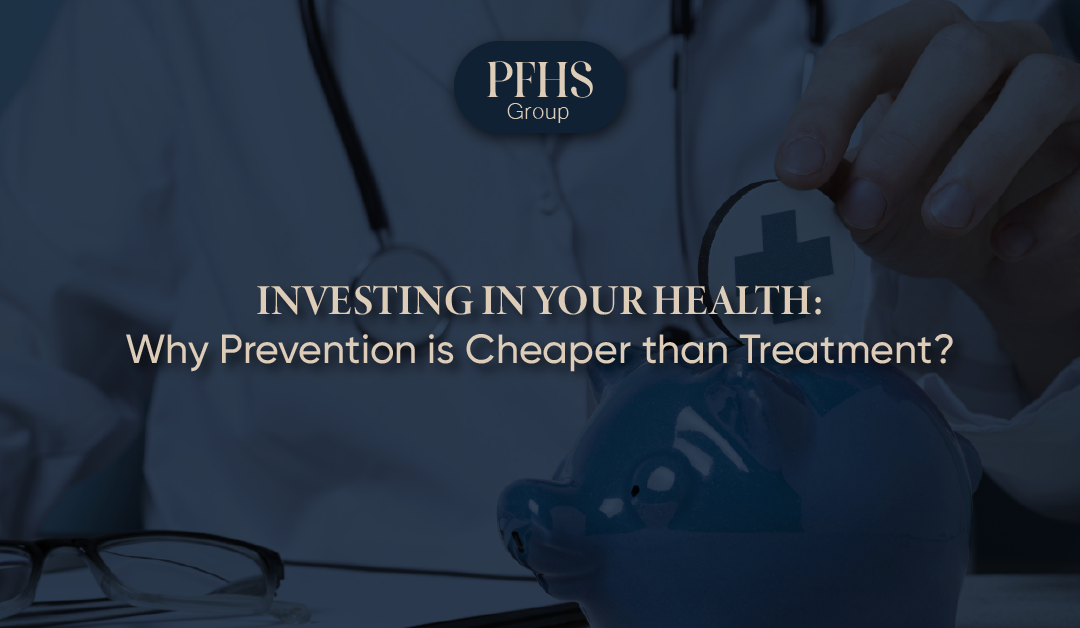Understanding Preventive Care
Preventive care encompasses proactive health measures aimed at averting diseases before they manifest. This approach includes routine screenings, vaccinations, and lifestyle counseling, all designed to detect potential health issues early and promote overall well-being.
By prioritizing preventive care, individuals can significantly reduce the risk of developing chronic conditions such as heart disease, diabetes, and cancer, which are often associated with substantial long-term healthcare costs.
The Economic Benefits of Preventive Care
Investing in preventive healthcare not only enhances individual health outcomes but also yields considerable economic benefits. Early detection and management of health conditions can lead to improved health outcomes, lower mortality rates, reduced emergency department visits, and decreased rates of preventable hospital admissions.
By addressing health concerns before they escalate, preventive care reduces the need for expensive treatments and hospitalizations, alleviating the financial burden on both individuals and the healthcare system.
Managing Chronic Diseases Through Prevention
Preventive care plays a crucial role in managing chronic diseases, which account for a significant portion of healthcare expenditures. Focusing on high-risk patients with chronic conditions offers high savings and cost-effectiveness because the likelihood of needing high-cost treatments is far greater than the costs incurred by preventive services. By emphasizing preventive strategies, healthcare providers can mitigate the progression of chronic illnesses, leading to better patient outcomes and reduced healthcare costs.
Barriers to Preventive Care Utilization
Despite its evident advantages, many individuals do not utilize recommended preventive services. Barriers such as lack of awareness, limited access, and financial constraints contribute to this underutilization.
To address these challenges, it is essential to promote education on the importance of preventive care, ensure accessibility to services, and implement policies that encourage regular health screenings and vaccinations.
For instance, in the United States, most health plans are required to cover a set of preventive services at no cost to the patient, including vaccinations and screening tests.
Conclusion
Preventive care is a vital component of a sustainable healthcare system. By proactively addressing health issues before they become severe, individuals can enjoy better health outcomes and reduced medical expenses. Embracing preventive measures not only benefits personal health but also contributes to the overall efficiency and cost-effectiveness of healthcare delivery.

